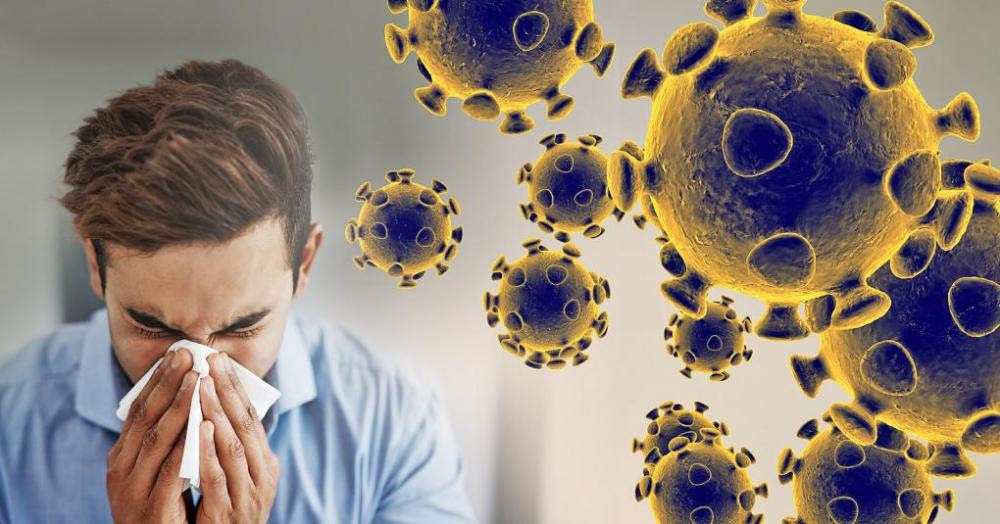This hormone is, of course, the primary sex hormone for the male body. But it plays important roles for women also in maintaining focused attention, muscle mass and strength and energy, along with libido. In this article I will focus on the benefits of Testosterone for men and the disease prevention that is so clear to be obtained from utilizing it. If you are looking for light, fluffy reading this is not the issue for that! But it is exciting to see how beneficial T therapy is as shown by multiple studies.
Testosterone levels are historically dropping in our general civilization.
From the 1980’s through today we have seen serial drops for all men of all ages. This has been studied over this time period and found to not be just due to aging, but an overall male population decline of T by 22%.
Some of the major reasons are felt to be:
1) BPA, Toxins, Pesticides
2) Poly pharmacy- US is 5% of world population yet ingests 50% of all pharmaceuticals made
3) Stress – cortisol works against testosterone
4) Sleep – short sleep cycles and sleep apnea decrease T production
5) Weight Gain and Sugar – obesity reduces T production, high glycemic diet reduces T 25%
So is Testosterone dropping a problem? First, we need to consider the effects it has on men’s overall feeling of well-being. Though exact symptoms any one man can feel will vary, typically these are ones that are attributed to lowering testosterone levels: loss of energy, fatigue, low grade to full man thinking depression, loss of muscle mass, strength, energy, endurance, mental fog, memory loss, lack of focus, low libido, and erectile dysfunction. Besides these, there are others – even hot flashes for some men.
Secondly, we know that as T falls in the bodies of men, the aging process gets started in full swing, resulting in physiologic changes that facilitate chronic disease development and the risks significantly go up over time.
One simple example for heart disease is the CRP level done by lab testing which indicates body levels of inflammation. Its elevation is predictive of diabetes and cardiovascular events because inflammation drives coronary artery disease. In consistent research T replacement reduces the processes that cause inflammation thus reverses coronary risk. In 2013, Zhang’s research showed that as Testosterone goes up, CRP goes down equaling less inflammation and less inflammation risk.
There are 3 factors that are used to predict risk for coronary events in traditional medicine: Diabetes, Hypertension, Lipids. So how do these relate to Testosterone?
Diabetes and Testosterone:
Low testosterone lowers mitochondrial function reducing ATP production resulting in altering glucose control. Of men with type 2 diabetes, 54% had low testosterone. Of men with higher testosterone levels 42% had lower risk of this disease. Also, Testosterone increases the cells ability to utilize glucose and create energy through the GLUT-4 mechanism, a critical factor for recovery after heart attacks.
Hypertension and Testosterone:
Testosterone has an inverse relationship with blood pressure. In 2016, a study by Vlachopoulos found that total Testosterone is independently and inversely associated with central pulse pressure, wave reflections, and left ventricular mass – all factors in hypertension.
It has also been interesting to see the results of men on T therapy diagnosed with prostate cancer taken off their Testosterone and observe results of arterial stiffness up by 21%, loss of lean body mass, increase in fat mass, all happen within 3 months.
The arterial stiffness returned to normal in those who chose to go back on the T therapy. But during the 3 months off Testosterone therapy, insulin levels (a sign of metabolic syndrome which is pre-diabetes) rose 63.6%, which directly increases oxidation of LDL and the atherosclerotic process. This significantly raises risks of heart disease of all types.
Lipids and Testosterone:
Over 4000 subjects were looked at in a retrospective study and revealed a clear pattern that as testosterone levels rose, HDL (good cholesterol) increased and LDL (not so good cholesterol) and triglyceride levels dropped.
The oxidation of LDL is a critical step in the development of heart disease. Antibodies form to it and create more inflammation. Testosterone plays a significant role as an immune modulator downplaying the effects of these antibodies that drive the atherosclerotic process. Of note: The ratio of oxidized LDL/HDL is one of the best predictors of vascular disease and is much more predictive of risk than LDL alone.
For a more extensive article on the effects of Testosterone see, “Why the FDA Got Testosterone Wrong”, 2016 Life Extension.
The research of the past 20 years shows us repeatedly that Testosterone is a key piece of the prevention of heart disease and diabetes.
Low levels open the door to inflammation and vascular compromise. When the deficiency is corrected these risk factors diminish significantly and is also improved by healthy lifestyle practices.
By working with a clinician trained in the fine details of T management, with measuring and appropriate treatment of hypogonadism, you can realize a significant shift in cardiovascular recovery and function with better health and well-being. I’m here to help you, your family and friends.







